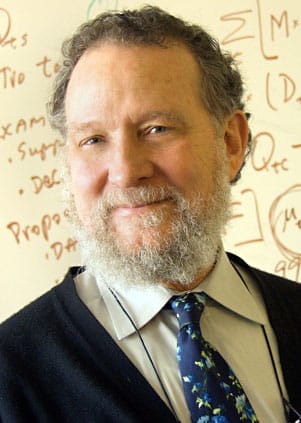 Risk management arrived in force in the chemical industry in 1984 with a poisonous gas leak at a Union Carbide plant in Bhopal, India—an accident that killed more than 3,000 people and injured thousands of others in nearby villages. “People realized then it could sink a company,” said Wharton’s Paul Kleindorfer, Anheuser-Busch Professor Emeritus of Management Science at Wharton and professor emeritus of Operations and Information Management.
Risk management arrived in force in the chemical industry in 1984 with a poisonous gas leak at a Union Carbide plant in Bhopal, India—an accident that killed more than 3,000 people and injured thousands of others in nearby villages. “People realized then it could sink a company,” said Wharton’s Paul Kleindorfer, Anheuser-Busch Professor Emeritus of Management Science at Wharton and professor emeritus of Operations and Information Management.
“A major company, Union Carbide, with 111,000 employees, disappeared from the planet because of Bhopal,” said Kleindorfer, the author or co-author of 15 books and more than 100 research papers. “This was a gripping, chastening experience. These incidents gave rise to the whole risk management paradigm and particularly the crisis management side of it.”
As the co-director of the Wharton Center for Risk Management and Decision Processes from 1992–2005, Kleindorfer has led this burgeoning field and worked to give companies the tools to protect themselves. In particular, Kleindorfer has focused on the chemical and process industries and on the catastrophic risks associated with natural hazards, terrorism, and major accidents—work that has taken him around the world to consult with dozens of companies and government agencies.
And while risk management was well recognized in safety-intensive and environmentally sensitive industries, it wasn’t until the terrorist attacks on 9/11 that managers realized every company needs to be concerned about this issue. Terrorist attacks also expanded thinking on potential risks, Kleindorfer points out, acknowledging that while he has written several books about the postal service, not one of them spotted the potential for a few letters containing deadly anthrax spores to bring the entire system to its knees.
Most recently, Kleindorfer’s research offered new insights into managing the risk of supply chain disruption, an issue he argued should be a high priority for senior managers and shareholders since global supply chains are in a state of constant evolution.

























